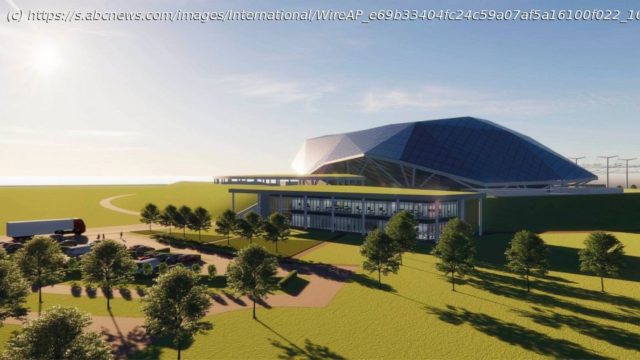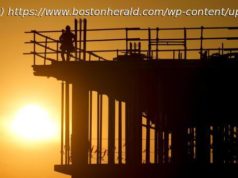Array
A global search for alternative sources to Russian energy during the war in Ukraine has refocused attention on smaller, easier-to-build nuclear power stations, which proponents say could provide a cheaper, more efficient alternative to older model mega-plants.
U.K.-based Rolls-Royce SMR says its small modular reactors, or SMRs, are much cheaper and quicker to get running than standard plants, delivering the kind of energy security that many nations are seeking. France already relies on nuclear power for a majority of its electricity, and Germany kept the option of reactivating two nuclear plants it will shut down at the end of the year as Russia cuts natural gas supplies.
While Rolls-Royce SMR and its competitors have signed deals with countries from Britain to Poland to start building the stations, they are many years away from operating and cannot solve the energy crisis now hitting Europe. Nuclear power also poses risks, including disposing of highly radioactive waste and keeping that technology out of the hands of rogue countries or nefarious groups that may pursue a nuclear weapons program.
Those risks have been accentuated following the shelling around Europe’s largest nuclear power plant in Zaporizhzhia, Ukraine, which has raised fears of potential nuclear disaster.
In the wake of the war, however, “the reliance on gas imports and Russian energy sources has focused people’s minds on energy security,” Rolls-Royce SMR spokesman Dan Gould said.
An SMR’s components can be built in a factory, moved to a site in tractor trailers and assembled there, making the technology more attractive to frugal buyers, he said.
“It’s like building Lego,” Gould said. “Building on a smaller scale reduces risks and makes it a more investible project.”
SMRs are essentially pressurized water reactors identical to some 400 reactors worldwide. The key advantages are their size — about one-tenth as big as a standard reactor — the ease of construction and the price tag.
The estimated cost of a Rolls-Royce SMR is 2.






